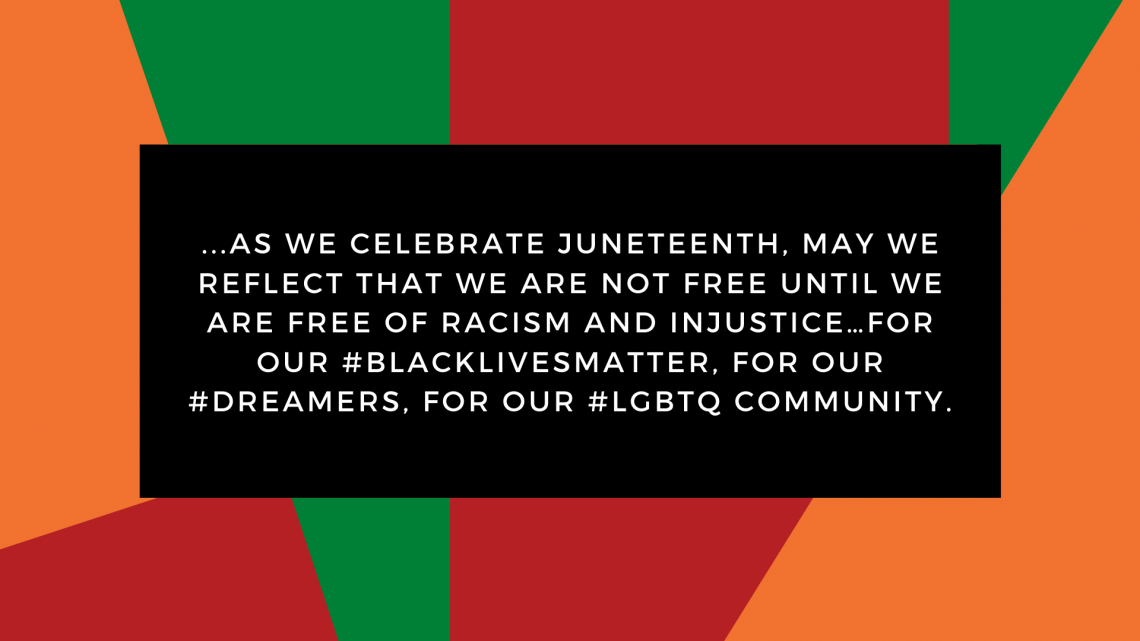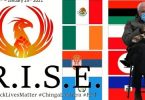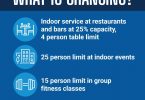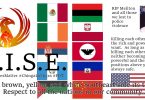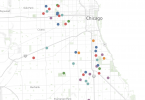 Our Latinidad Includes our Black Community:
Our Latinidad Includes our Black Community:The Latinx Role in Addressing Racism
Over the last couple of weeks, I’ve had many conversations with our Afro-Latino and Black Latinx community members, expressing their pain around the reality of racism in the Hispanic/Latino community. As mentioned in a previous statement, HACE stands in solidarity with our Black community. We must recognize this comradeship includes our Afro-Latino and Black Latinx communities. In 2016, a quarter of U.S. Hispanics identified as Afro-Latinos, according to the Pew Research Center.
The U.S. Hispanic/Latino population is diverse. Within the U.S. Hispanic/Latino community, some of us identify as Latinx, Latino, Hispanic, Tejano, Nuyorican, Afro-Cuban, Mexican-American, Quisqueyano, Chicana, among many other terms. We represent over 27 countries of origin, with individual preferences on how we self-identify. Some of us speak Spanish, some of us are immigrants, etc., and this intricacy is best understood as intersectionality. Intersectionality is the way all of our multiple identities or diversity dimensions intersect. The consideration of intersectionality allows for awareness in not considering groups singularly but in various classes and as individuals.
In 2019, HACE’s national theme, Beyond Latinidad: Identity, Intersectionality, Inclusivity, shed light on this diversity of Latinidad. And a resounding issue arose: We have failed to address the anti-blackness that exists in our own Hispanic/Latino community.
As Josy Laza Gallagher, HACE National Board Member and Global Inclusion Consultant, stated in her blog, You Don’t Look Latina in February 2019, “As a black Latina, I struggled with a constant state of acceptance from both groups…. You speak Spanish but may not be fully accepted in the Hispanic community. You are brown but you speak Spanish and may not be fully accepted in the African-American community. Skin color, facial features, and hair texture constantly come up during conversations within the Latino community. You are pretty if you have good hair (straight and long) instead of bad hair (tight curls, kinky), thin lips vs thick lips, straight nose vs wide nose. Lighter and brighter is constantly being reinforced in the Latino community sometimes through sayings we heard growing up: ‘To improve our race, you should marry someone lighter than you,’ ‘Stay out of the sun or you’ll become black like tar.’” Learn more about this and its historical context here. Josy proudly identifies as a Cuban-American, Black Latina.
These are a few examples of how within our own intersectional identities, we may experience colorism or marginalization within our own communities, starting, at times, in our nuclear families, where White or White-presenting Latinos oppress Black Latinos. Members of dominant social groups privileged by birth or acquisition must become aware of knowingly or unknowingly exploiting and reaping unfair advantage over members of the “minority” groups, those who are discriminated against, disenfranchised, abused, and exploited by an oppressor and oppressor’s systems and/or institutions. As stated by Gentefied’s Julissa Calderon, “We need to unlearn all of the problematic things we have been taught for so long…We grew up feeling negative feelings not just toward other Black people, but ultimately, ourselves.” Of the quarter of Hispanics that identify as Afro-Latino, only 18 percent identify as Black.
Part of fighting racism in the workplace and society as a whole begins at home, within our very own communities and neighborhoods. We must step out of our comfort zone, come to terms with our own biases, and have courageous conversations with one another. Take action by:
- Sharing your own stories of having experienced or witnessed anti-Blackness/racism,
- Educating yourself by accessing resources and articles that shed light on the historical context and solutions for addressing racism and micro-aggressions, and;
- Speaking up when you witness racist behavior.
HACE will host a Townhall for all HACE program alumni and current participants to 1) Share their experiences from both White Latino and Black Latino perspectives, 2) Learn ways to respond to micro-aggressions and understand White privilege, and 3) Identify ways to become a better ally.
What will you commit to doing?
And as we celebrate Juneteenth, may we reflect that we are not free until we are free of racism and injustice…for our #BlackLivesMatter, for our #Dreamers, for our #LGBTQ community.
Warmest Regards,

Patricia Mota
HACE President & CEO

